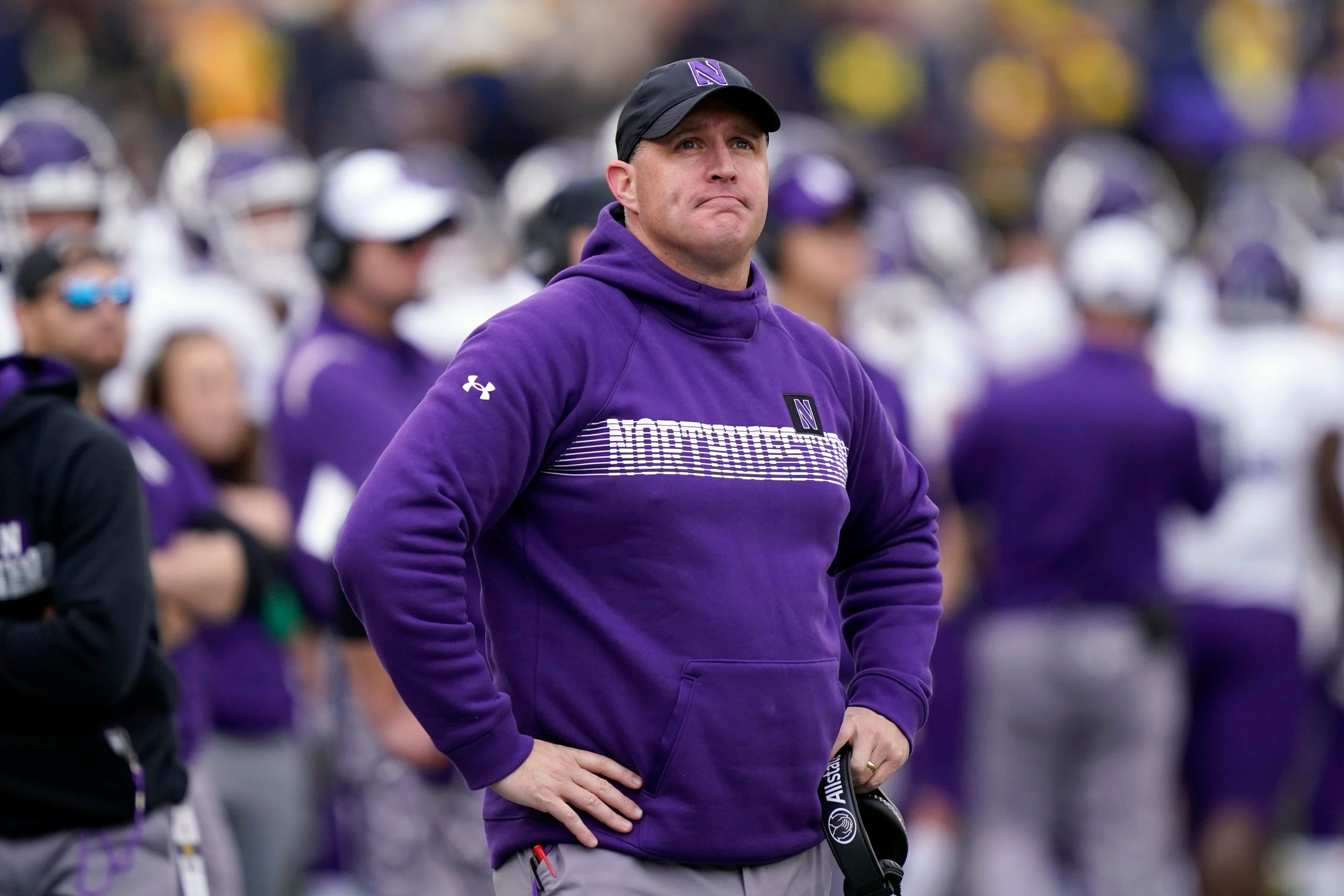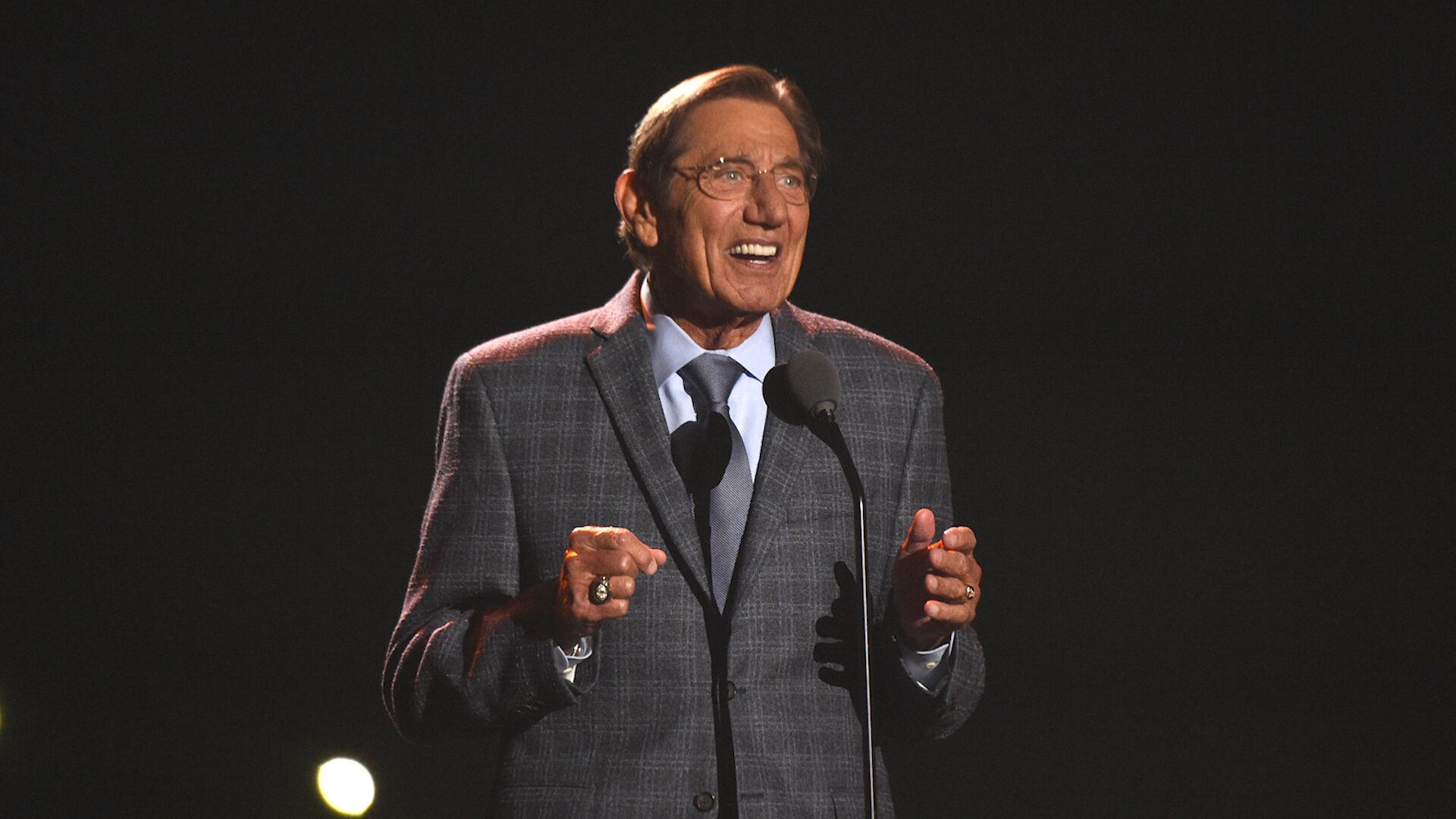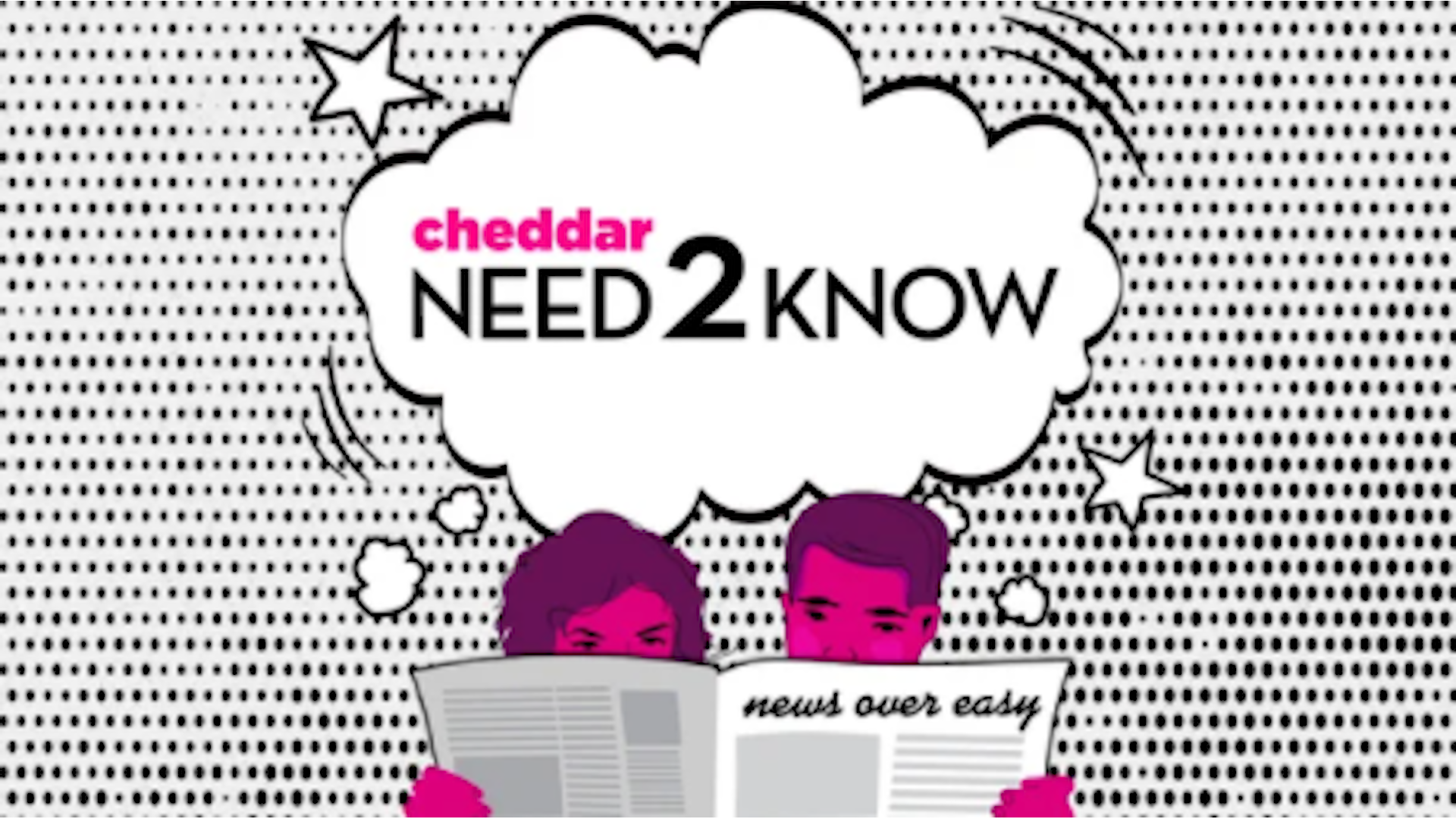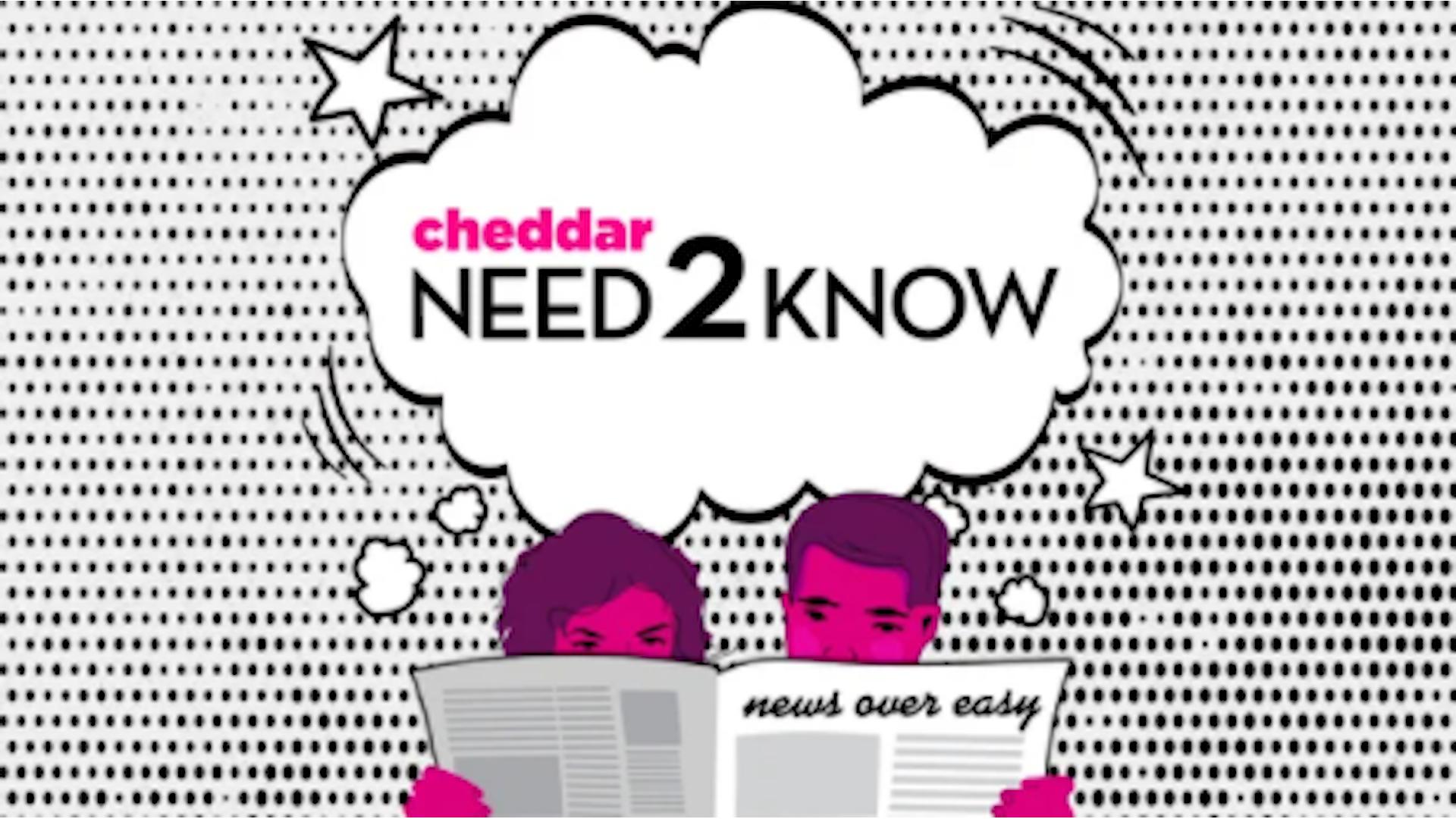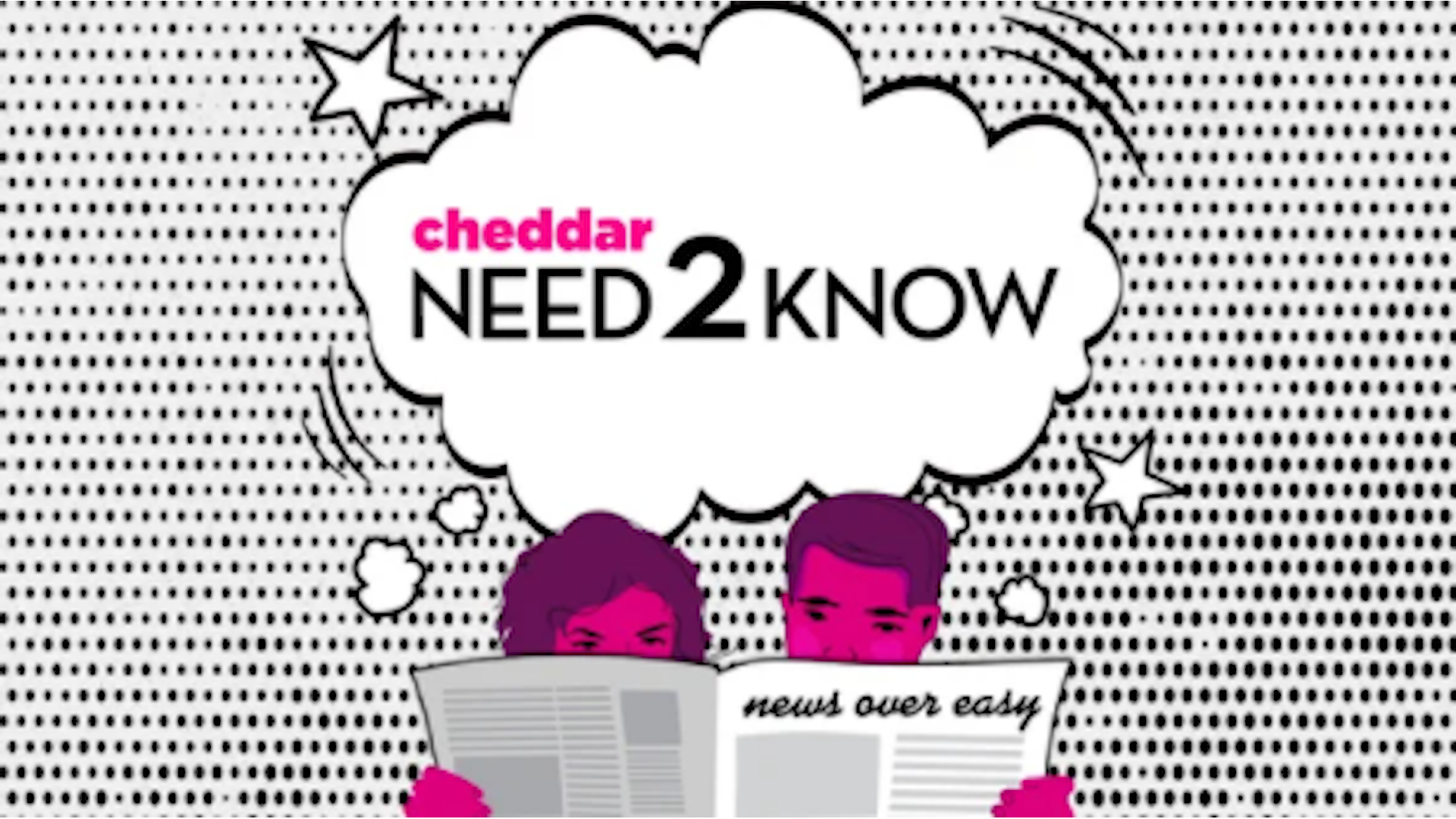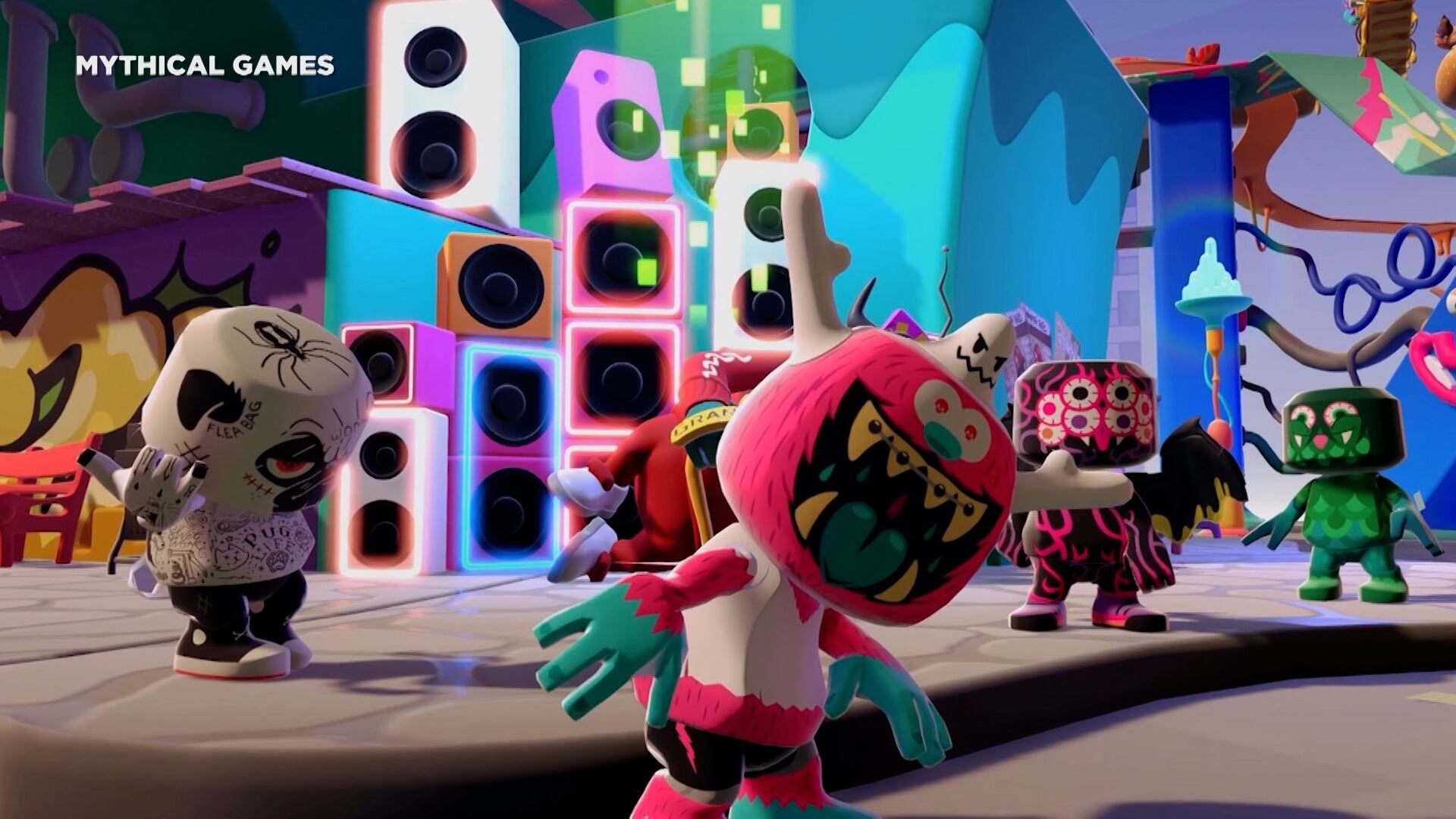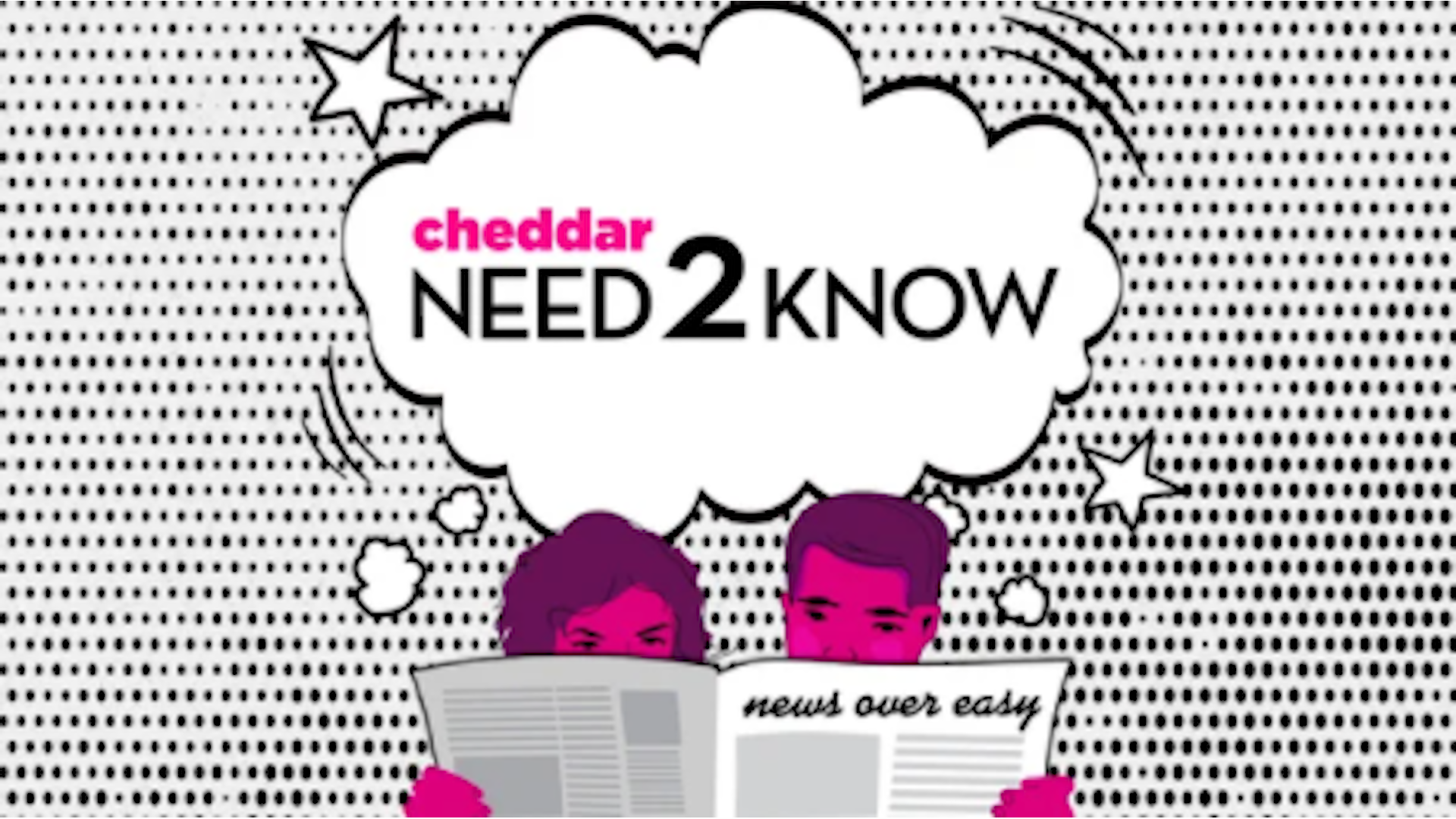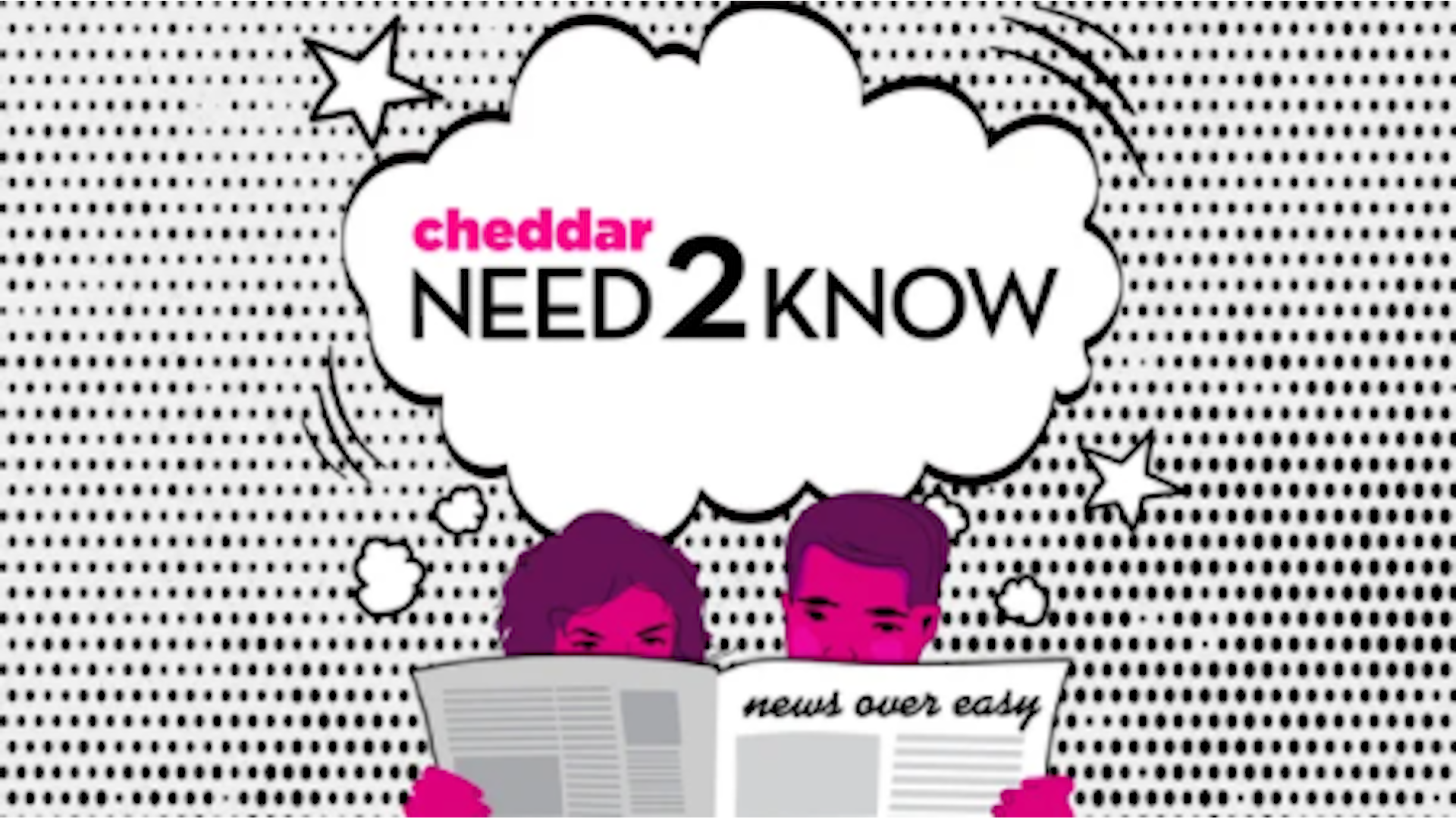By Andrew Seligman
Former Northwestern University football coach Pat Fitzgerald is suing the school for $130 million, saying his alma mater wrongfully fired him in the wake of a hazing and abuse scandal that has engulfed the athletic department.
The announcement by Chicago-based attorney Dan K. Webb on Thursday comes nearly three months after Fitzgerald was suspended and then fired after 17 years as head coach of the Wildcats.
Webb said that Fitzgerald would also be seeking additional money for “infliction of emotional distress,” future lost income and punitive damages. The $130 million includes $68 million remaining in owed salary plus $62 million in future lost income, Webb added.
The suit was filed in Cook County Circuit Court against the university and its President Michael Schill, he said. A hearing is scheduled for Dec. 7.
“If there was ever — if there was ever — an athletic coach at Northwestern University that should not have been terminated, it’s Coach Fitzgerald," Webb said. “The fact that he was terminated based on no rational reasons or facts whatsoever, the fact that they've gone out and destroyed his reputation as one of the best football coaches in America based on no legitimate reason or evidence is disgraceful, is despicable conduct on behalf of Northwestern.”
The 48-year-old Fitzgerald was fired July 10, three days after the school announced a two-week suspension without pay following an investigation by attorney Maggie Hickey of law firm ArentFox Schiff. That probe did not find “sufficient” evidence that the coaching staff knew about ongoing hazing, but concluded there were “significant opportunities” to find out about it.
Webb called that “a ridiculous allegation," adding that “no coach in America” did as much to prevent hazing and to make sure he would have a way to find out if it did happen. Webb said the whistleblower in the investigation had a grudge against Fitzgerald, who found out from a teammate during a leadership council meeting that the player planned to report false allegations of hazing.
The lawsuit states that Fitzgerald met with athletic director Derrick Gragg and Northwestern general counsel Stephanie Graham on July 3. It says Gragg told Fitzgerald that Schill wanted him to “take a hit” for the findings in Hickey's report.
The lawsuit also says Northwestern violated an oral contract agreed to on July 6 that Fitzgerald would not face further penalties if he accepted the suspension and issued a statement supporting the program.
On July 8, the Daily Northwestern student newspaper published a story alleging both hazing and racism in the football program. The school changed its stance and fired Fitzgerald. Schill said at the time the hazing was “widespread” and not a secret within the program.
“As head coach of the football program for 17 years, Patrick Fitzgerald was responsible for the conduct of the program. He had the responsibility to know that hazing was occurring and to stop it. He failed to do so,” said a statement from Northwestern University released Thursday.
Multiple current and former football student-athletes acknowledged that hazing took place in the football program during the six-month independent investigation into the issue, the university's statement said, adding that “Student-athletes across a range of years corroborated these findings, showing beyond question that hazing – which included nudity and sexualized acts – took place on Fitzgerald’s watch.”
“The safety of our students remains our highest priority, and we deeply regret that any student-athletes experienced hazing. We remain confident that the University acted appropriately in terminating Fitzgerald and we will vigorously defend our position in court,” the statement said.
Webb on Thursday said he has interviewed “maybe 40 to 50” former Northwestern players and coaches who “did not see any significant hazing other than horseplay," which he described as somebody making fun of somebody, or slapping them on the arm or having a fight in the shower. He expects to call current players and coaches as witnesses. And he is asking for Hickey’s full report; the school released a summary when it announced Fitzgerald’s suspension.
Northwestern is facing more than a dozen lawsuits across multiple sports with allegations including sexual abuse of players by teammates, as well as racist comments by coaches and race-based assaults. Baseball coach Jim Foster was fired July 13 amid allegations of a toxic culture that included bullying and abusive behavior.
Attorneys from several Chicago law firms representing former Northwestern football players issued a statement calling Fitzgerald's lawsuit “all about financial gain for him.” They said he was “incredibly tone deaf in defending his actions," and his lawsuit “re-traumatizes” their clients.
“His complaint ironically details claims that he was deeply involved in each player’s life, mental health, academic career, athletic performance and potential after graduation... all of which actually supports what we’ve been saying all along, that given the head coach’s proximity he knew or should have known what was happening in his program,” they said.
Fitzgerald's dismissal capped a rapid fall from grace for someone who seemed entrenched at his alma mater. He was an All-American linebacker, a star on the 1995 team that won the Big Ten and reached the Rose Bowl after decades of losing at Northwestern.
Fitzgerald led the Wildcats to a 110-101 record and — by a wide margin — more wins than any other coach. Northwestern won Big Ten West championships in 2018 and 2020, plus five bowl games. But the team went 4-20 over his last two seasons.
Defensive coordinator David Braun was elevated to interim coach six months after joining Fitzgerald's staff.
Just over two months ago, Northwestern hired former U.S. Attorney General Loretta Lynch to lead an investigation into the culture of its athletic department and its anti-hazing procedures. The university announced no timetable for the investigation but said the results will be made public, unlike those of the previous investigation.
